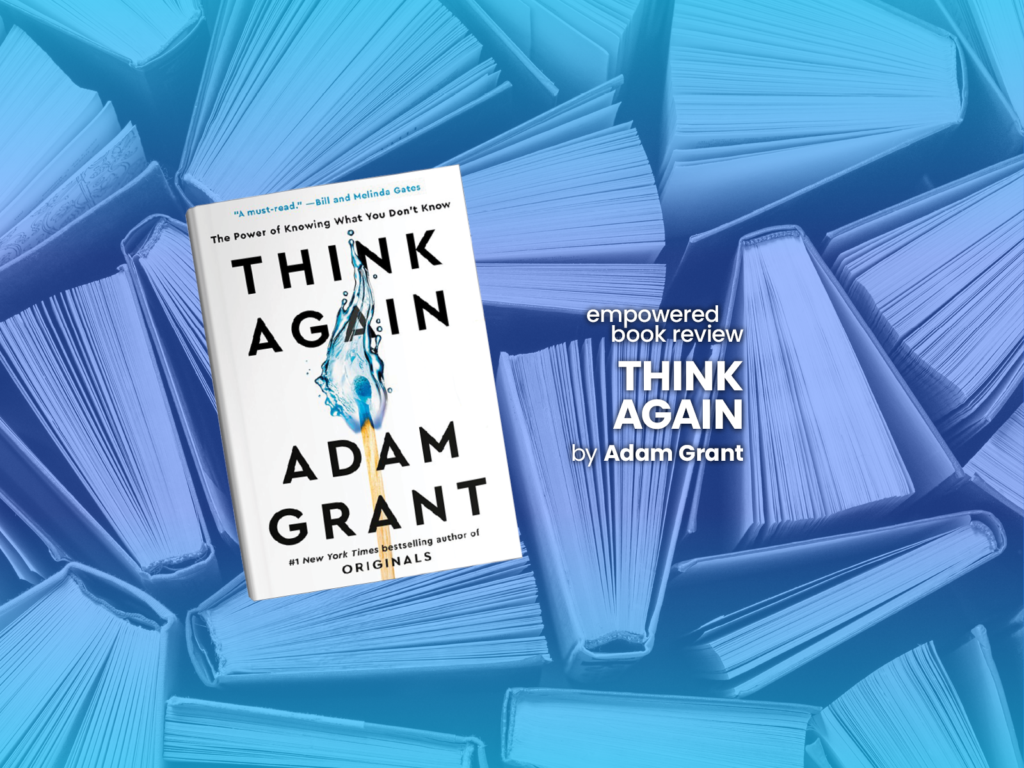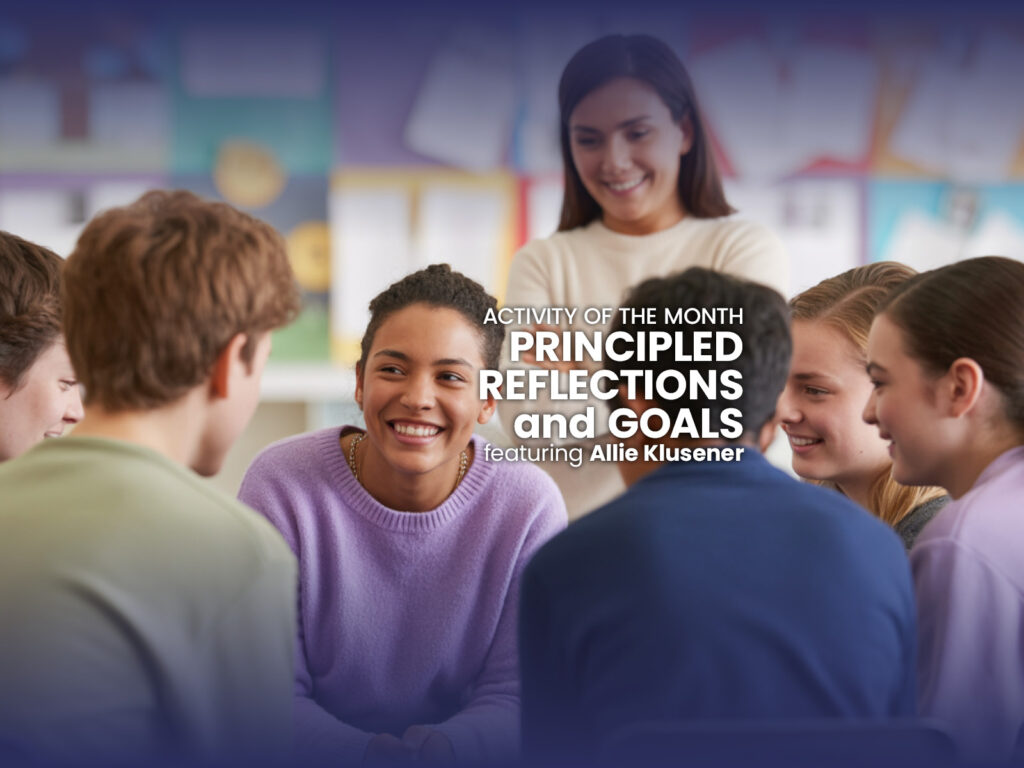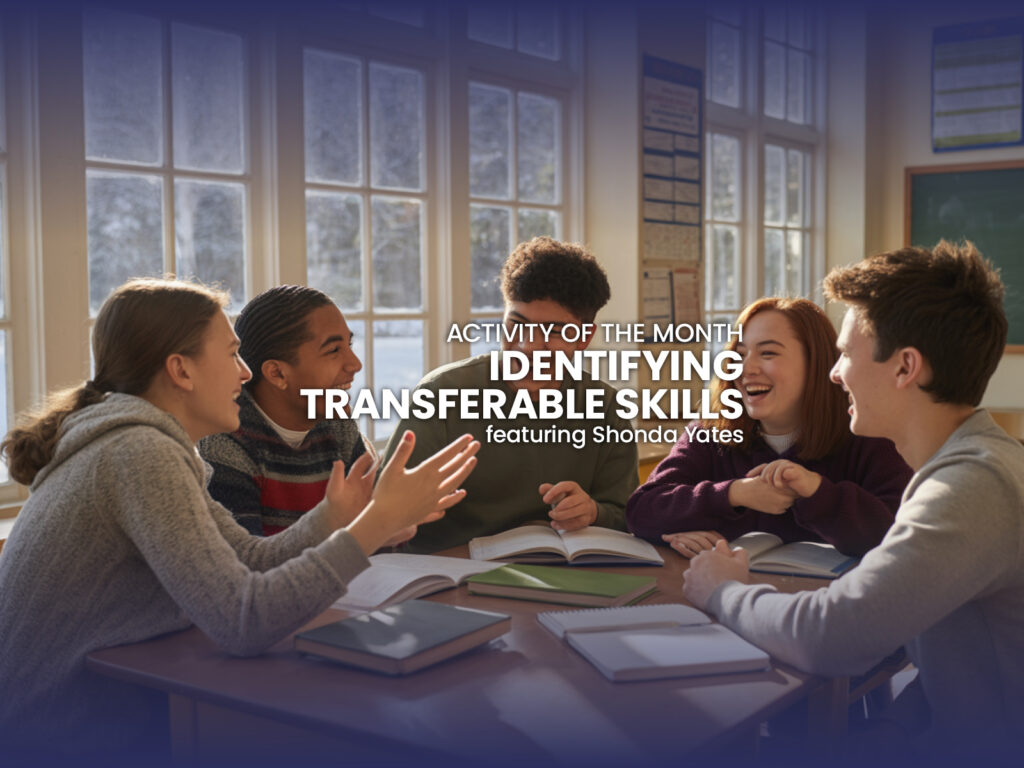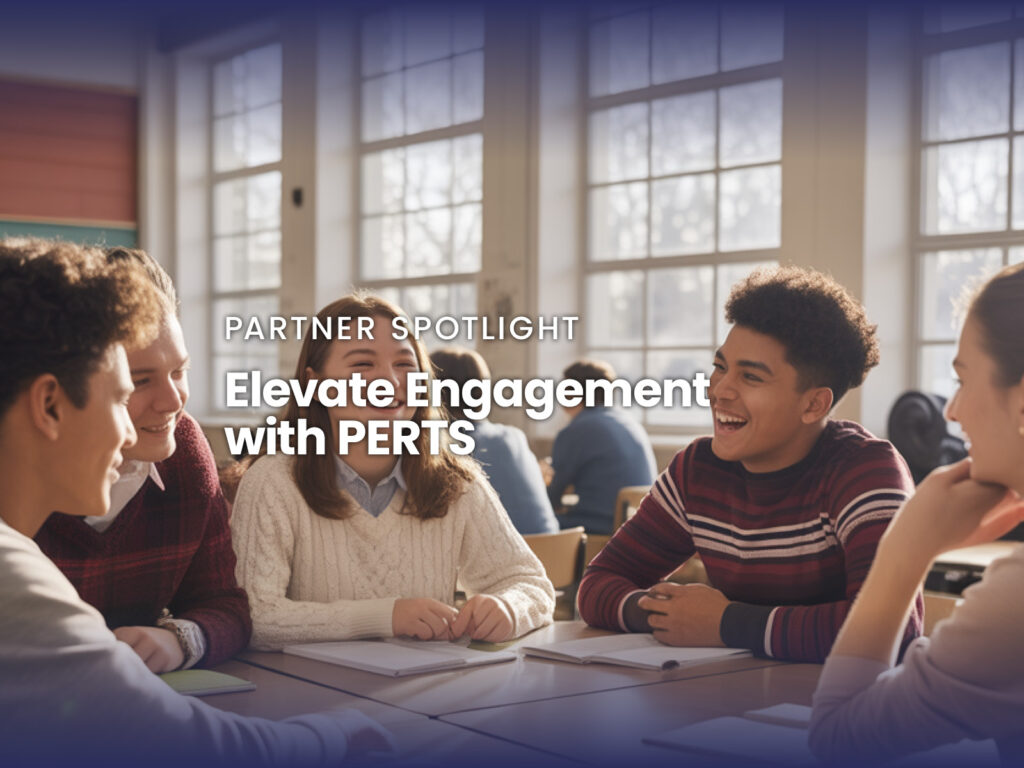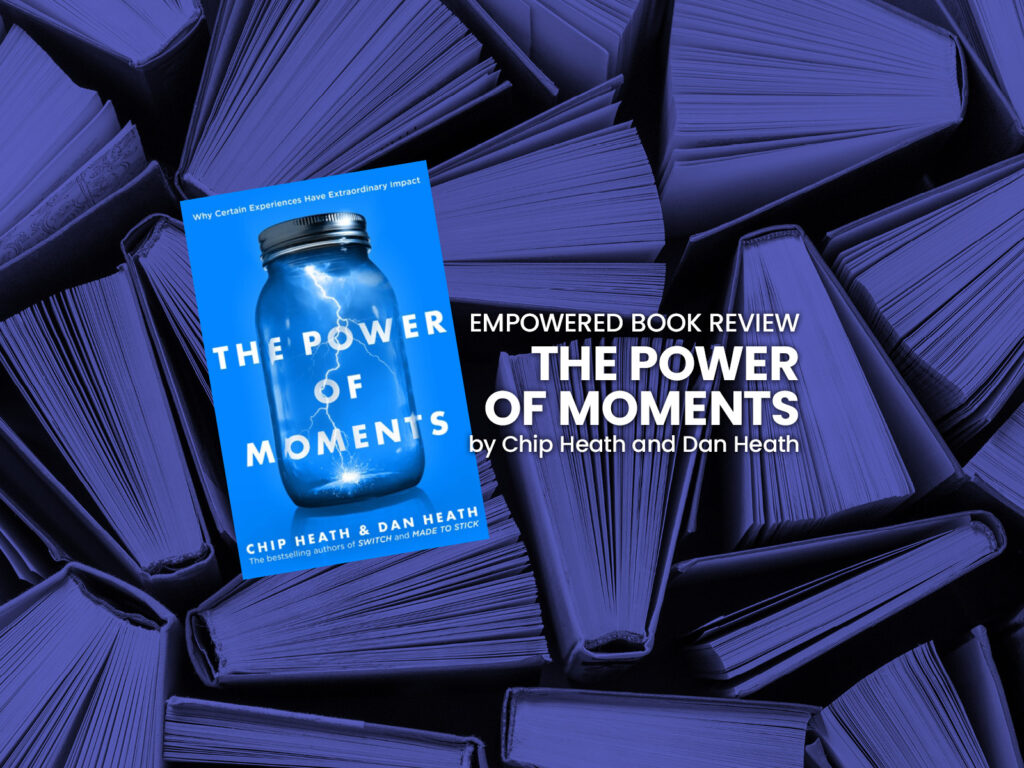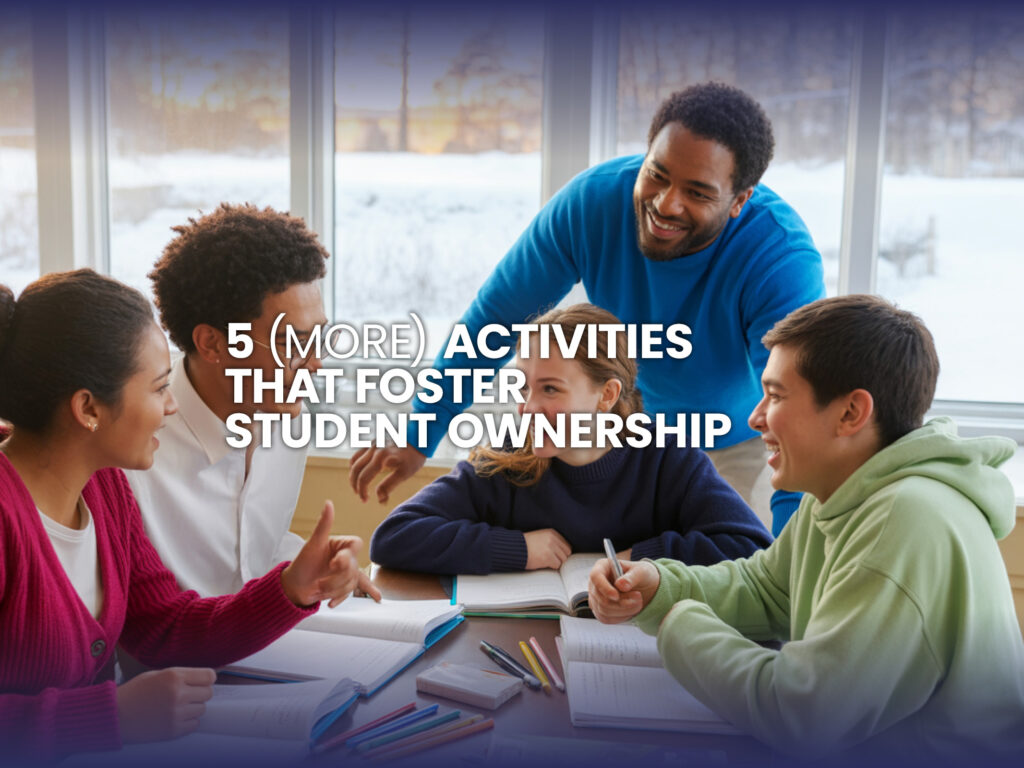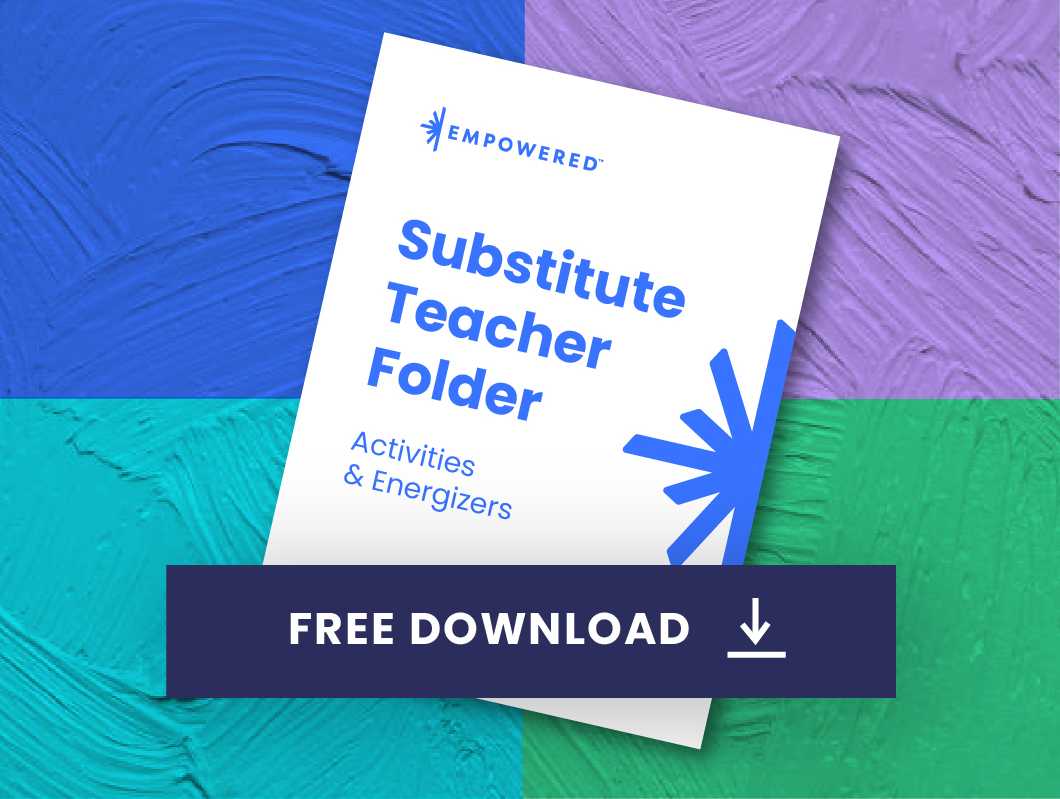How to Bring Student Responsibility to Learning
Helping Teachers Approach SEL
More and more educators are being asked to weave social-emotional learning (SEL) into their daily instruction. For many, even after several years of SEL initiatives, that request still comes with uncertainty.
It’s not that educators don’t see the value in helping students build emotional awareness or stronger relationships. It’s that the ”how” feels murky, and the ”when“ feels impossible.
Educators feel unprepared to navigate the potential emotional complexities that SEL-inclusive discussions may provoke. It can feel like “one more thing to do” especially when students’ complex and personal emotions can surface; stories of trauma, anxiety and depression. Add in packed schedules and pressure to meet academic goals – it can all feel like too much.
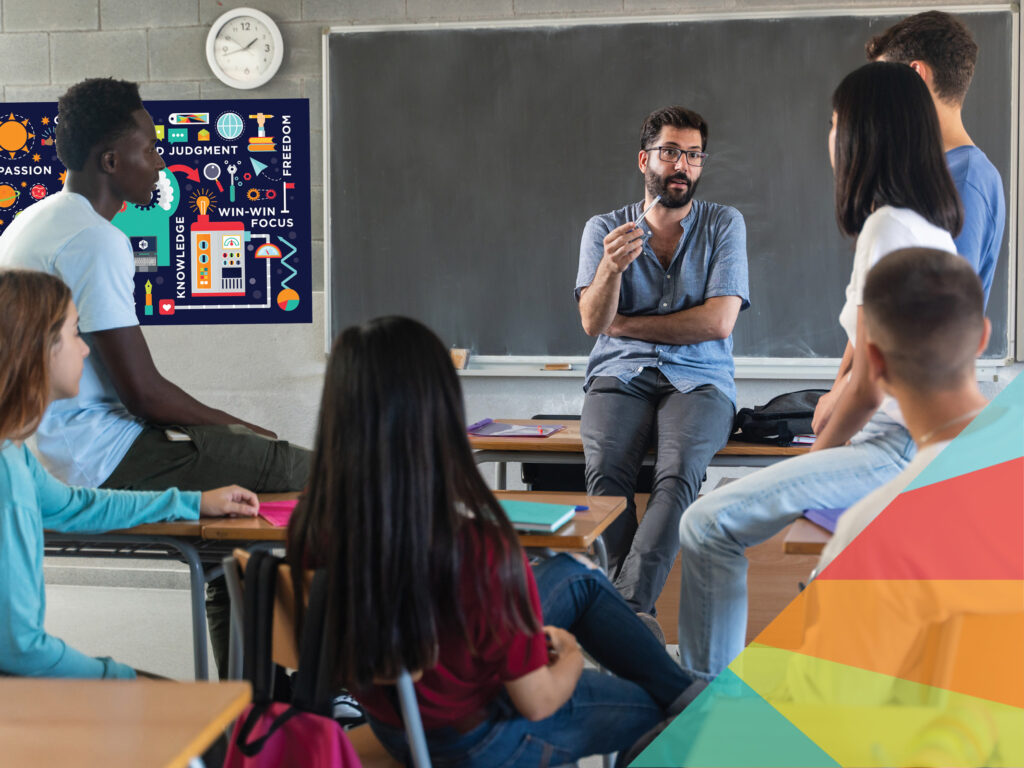
Understandably so, educators fear being stretched beyond their role. Their discomfort isn’t about resistance; it’s unease about their capacity and a lack of clarity, and a fear of not getting “it” right. How can I do this well without losing what I already do best?
Incorporating SEL into your instruction does not have to be scary. It can feel seamless, relevant and it can be something that every student can easily understand, relate to and apply in their lives.
Foundational Principles Help with SEL in the Classroom
Empowered offers a set of Foundational Principles (FPs) on which to build your classroom culture.
Students can learn about and gain a deeper understanding of our eight Foundational Principles through Empowered Activities (180+ available for FREE inside Empowered Hub (free account required – create one now) such as “Classroom Vision: A Win-Win” and “Foundational Principles Walkabout“.
These activities make way for the Foundational Principles to be incorporated into lessons, encouraging students to display principled behavior and drive deeper thinking.
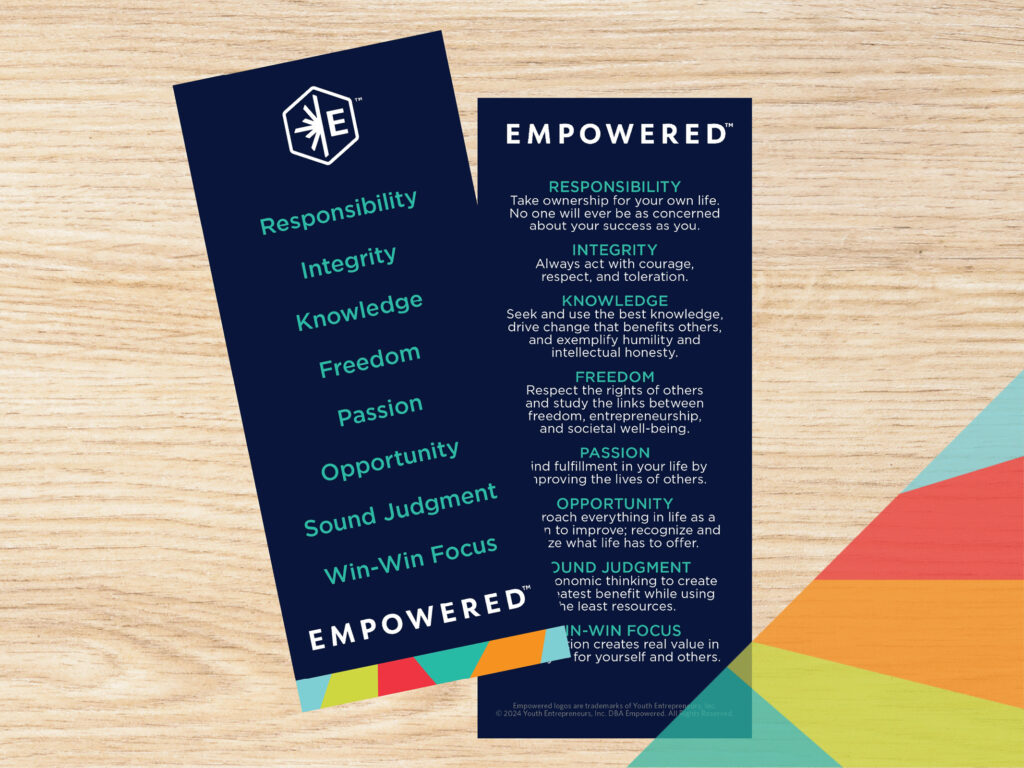
As you and students use them more, FPs become the shared language of your classroom community. Learners at all levels and from all backgrounds can contribute to whole group discussions and connect what they are learning to real life.
The Foundational Principles are guardrails for life; they are a set of values that provide a framework for good decision-making.
- When collaborating with peers, do students lean in to find balance before group projects go south? Win-Win Focus.
- When a student’s interest is sparked by class work so they learn more about that topic on their own? Passion and Knowledge.
- When, through growth, a student pauses during a disagreement – listening first (instead of reacting) to seek a better outcome? Sound Judgment.
The Foundational Principles are relevant in the school setting and even more so once students set out on their own after their traditional schooling.
Additional Resources for Boosting SEL in the Classroom
One of the foremost leaders in the SEL space, CASEL (Collaborative for Academic, Social and Emotional Learning) established a 5-part framework which describes SEL as how young people acquire and apply the knowledge, skills and attitudes to:
- Develop healthy identities and manage emotions;
- Achieve personal and collective goals;
- Feel and show empathy;
- Establish and maintain supportive relationships; and
- Make responsible and caring decisions.
When students explore principles like responsibility, sound judgment, and integrity through activities and discussions, they can better understand the world around them. Hands-on learning, including our activities, connect abstract ideas (like the CASEL framework) and the real, often messy moments of their everyday lives.
The Empowered Foundational Principles can be the bridge.
Useful Links
If you found this article helpful, we encourage you to keep exploring:
- Learn more about Empowered, explore our FREE tools and support and join our Educator Community
- Join the discussion – including sharing ideas, tips, and resources on Empowered Hub’s Teacher Talk
- Call, text, email, and schedule 1:1 calls with our Educator Support team

